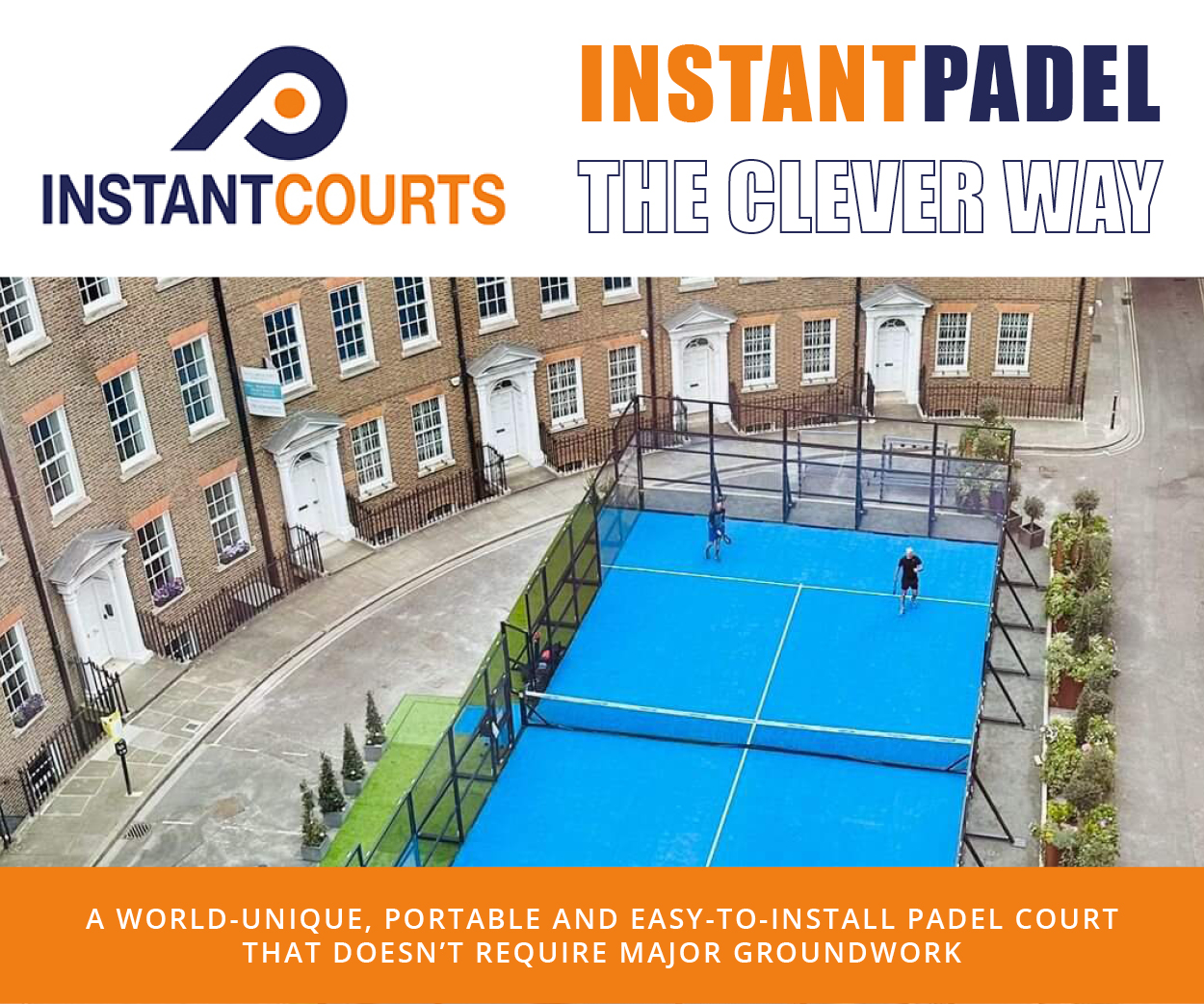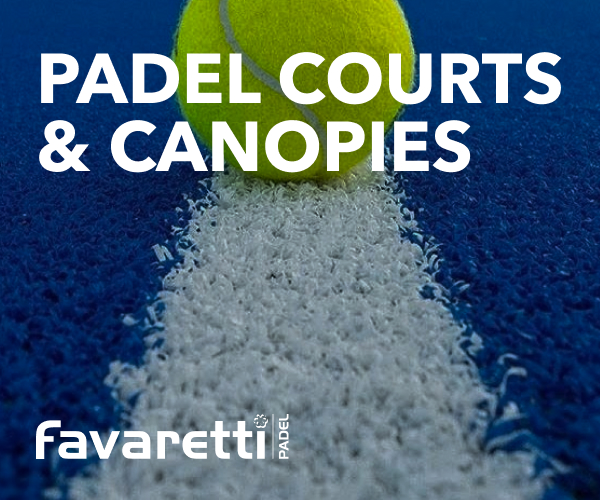Are you starting to get the hang of padel, but still making rookie errors during games? Does it feel like your opponents are hardly moving, yet still beating you? Time to listen up, as our Spanish expert, Joaquín Serna Sánchez, runs you through some matchplay basics.
Don’t give away your serve!
The rules state that, when serving, we must hit the ball at below hip height. Push this rule to its limit by making your impact point as high as possible, so the ball can dip on your opponent’s side of the net and limit their return.
If you strike the serve at knee height or even below, your serve will go in an upward direction and it will be much easier for your opponent to hit a return that will put you in trouble.
An additional tip is to change the direction of your serve. If your opponent is returning serves directed towards the centre of the court, try to aim towards the glass, forcing him to make a decision of either letting it hit the wall or taking it early.
Be a “tidy” player
The best players are those who, beyond their technical and tactical qualities, are able to make padel look simple. A good padel player is a ‘tidy’ player; that is to say, who does what he or she has to do in the right place, at the right time.
So if our opponents put us in trouble with a heavily-struck ball, we must try to return it in play as best we can, not make a spectacular shot that has very little chance of being successful.
On the other hand, if the ball comes to us easily, we should make effective and comfortable shots, such as a lob if we are defending or a medium-speed bandeja if we are close to the net (from the middle of the court forward) to stay in an attacking position.
As for attempting a spectacular winning shot from the back of the court that zips a millimetre above the net and bounces just before touching the side fence? Leave that to pros.
On big points, play the percentages. If you receive a high lob to the back of the court, trying an ambitious vibora that you have never practised before will probably send the ball out of the club or smashed against the back glass. Padel is a game of patience. Make your opponents play one more shot.

Play down the middle
To tennis or squash players, this advice contradicts everything you’ve learned before. But in padel, generally the teams that play more to the middle are the ones that win the most points.
This tip can be applied to all types of shots. If you play a shot down the middle, you force one of the two players (or both) to move from where they are to the centre of the court to get the ball, which creates a series of spaces that you can take advantage of on your next shot.
Making your opponents move will make them tired, uncomfortable when returning the ball from different angles and you will see their weaker shots, something that you can take advantage of to attack them later.
Don’t be afraid of the glass
Players starting out in padel, especially those with a tennis background, tend to think that if the ball goes past them, the point is lost. Not in padel. The glass not only give us an extra life; using it well is the key to winning more matches.
If you are just starting to play, let your opponents’ shots bounce off the glass to familiarise yourself with the direction they move in and how to hit them. At amateur level, it is very rare to see players hitting the ball with a lot of spin and power, so adapting should be relatively simple.
The correct preparation should see your knees bent, and positioning yourself early by predicting the direction in which the ball is going to bounce. This will set you up nicely to play good lobs or counterattacks.
This familiarisation process is essential, as good body preparation and standing in the right place gives us thinking time over our next shot.
This is why (with some exceptions), the best players do not use shots such as half volleys to avoid the ball bouncing off the glass.
If you’re interested in coaching content for beginners, take a look at Joaquin’s previous article on tactics for amateur players. And if you are looking for a new racket, check out these pieces in which we recommend the best models for low, medium and high budgets.
(Images: thank you to Smash Padel and Padel4all)










































